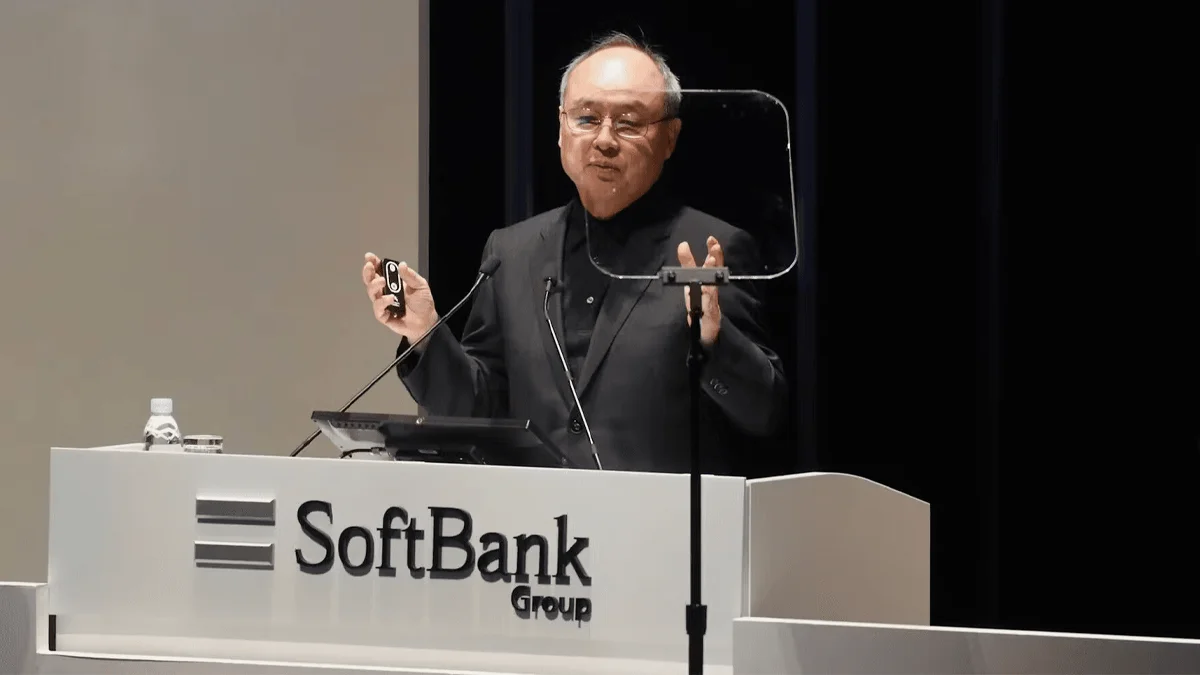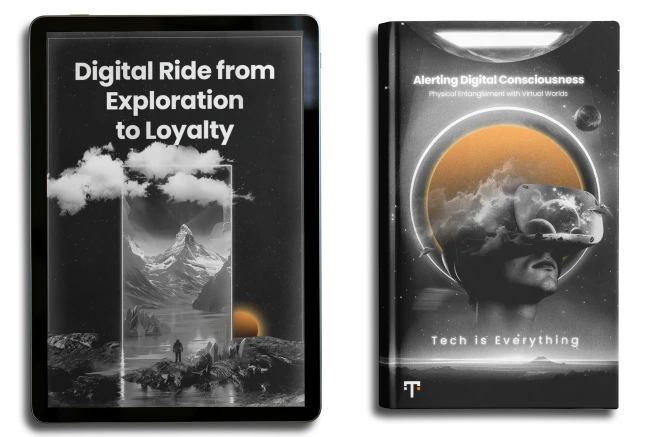
French Startup Pasqal Partners with Nvidia to Speed-Up Development of Quantum Computing Applications
French quantum computing startup Pasqal has partnered with Nvidia to give its clients access to additional tools for developing quantum applications, Yahoo Finance reported. The collaboration between the two tech companies is expected to boost development of quantum applications.
System Integration
Pasqal was founded in 2019. The startup says it has already raised over $151.8 million in finance to date. On March 20, Pascal announced that it had integrated its quantum computing systems with Nvidia’s open-source platform, CUDA-Q to fast-track the process of developing quantum programs in high-performance environments.
“Our collaboration with NVIDIA will enable us to offer a much-requested interface and programming model for high performance computing and wider quantum community and ultimately accelerate the development of quantum applications,” Pasqal CEO Loic Henriet said.
Pascal has been participating in Nvidia’s startup inception programs. Pascal quantum computing’s integration with CUDA-Q will complement Nvidia’s current open-source library called Pulser. The library allows for custom experiments on neutral-atom devices. Through CUDA-Q, researchers can integrate AI supercomputers with quantum processing units from startups like Pasqal.
Nvidia’s Senior Director of CAE, Quantum and CUDA-X Tim Costa says this seamless integration allows researchers to achieve breakthroughs in quantum computing innovations. Pascal sees the Nvidia partnership as instrumental in boosting capabilities of its cloud computing platform.
Nvidia’s Approach to Quantum
Nvidia’s perspective on quantum computing varies from other big tech’s views. The chip maker does not see a quantum race to develop the largest computer. Instead, the company sees it as a shared infrastructure challenge that requires accelerated computing, deep integration, and scaled collaboration.
This perspective was evident during the GTC event held earlier this year. Throughout the event, Nvidia made it clear that it would stay away from the quantum hardware race and instead focus on developing systems and tools to enable others to go further faster. The US AI chip manufacturer has adopted a similar approach in other tech areas like autonomous vehicles and robotics.
“We don’t build our own self-driving car, but we help everyone else who does. We don’t build our own robots, but we help everyone else who does. We don’t build our own quantum computer, but our mission is to bring AI and accelerated computing to help everyone else who does,” Nvidia’s Group Product Manager for Quantum Computing, Sam Stanwyck said in a recent interview.
Nvidia does very well in AI and accelerated computing, and in embedding this power into wider ecosystems, Stanwyck added as he underscored the company’s main objective
“We are an accelerated computing company, and we see quantum as an important part of the future of accelerated computing,” he said.
Nvidia sees its role in quantum hardware as that of reducing bottlenecks, fast-tracking error correction, and facilitating quantum classical workflows.
Nvidia’s Quantum Stocks Impact
Nvidia CEO Jensen Huang’s comments on how long the world might have to wait before quantum computers become a reality sent quantum stocks plunging earlier this year.
“If you said 15 years for very useful quantum computers, that would probably be on the early side. If you said 30, it’s probably on the late side. But if you picked 20, I think a whole bunch of us would believe it,” Huang said during the Consumer Electronics Show event in January of this year.
Huang has since changed his thoughts about this timeline, expressing shock that his comments affected the markets.
“My first reaction was, I didn’t know they were public. How can a quantum company be public,” said.
Huang apologized for his comments during Nvidia’s Quantum Day event on March 20. However, stocks of leading quantum computing companies like D-Wave Quantum, Rigetti Computing, and Quantum Computing remained in the red.
The Nvidia CEO says that “quantum computing has the potential, and all of our hopes that it will deliver extraordinary impact, but the technology is insanely complicated.”




